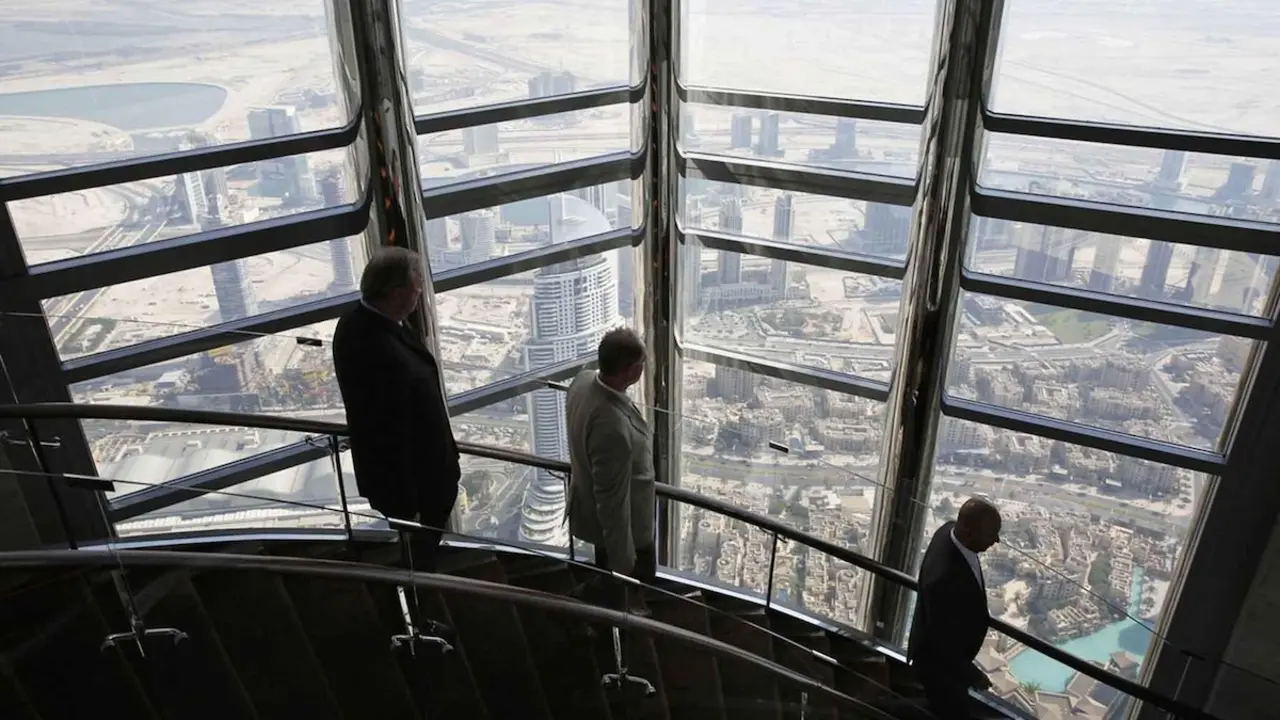Repsol focuses on the energies of the future with an investment of 18.3 billion

Repsol is making progress in becoming a less fossil fuel dependent energy company, more focused on the energy objectives of Europe and now also the United States. It wants to be a relevant operator in the world of energy transition and beyond. The strategic plan for the period 2021-2025 includes investments of 18.3 billion euros, which are part of a roadmap that has four pillars: renewable transformation, cash generation to finance investments, a new dividend policy and the reorganisation of the company by areas.
Although the plan will be implemented in two stages, the first is still marked by the effects on the economy of COVID-19. In this phase, in which there are still uncertainties, the company presided over by Antonio Brufau is giving priority to a strategy that gives priority to containing investments and remunerating shareholders. However, projects related to the energy transition will be developed, including renewable energy plants and investments in the Bilbao and Cartagena refineries.
On the one hand, Repsol wants to look after its image in the eyes of the rating agencies, its stock market listing and, at the same time, not lose opportunities in the competitive scenario opened up by the energy transition, from renewable generation, biofuels, CO2 capture to green hydrogen.
Growth through new projects will come later, from 2022 onwards. And of the 18.3 billion euros of investment plan approved by the board of directors, 30% - 5.5 billion euros - will be focused on low-carbon projects. Repsol is planning international expansion in this business. The plan, presented on 26 November in London by Josu Jon Imaz, sets new targets for reducing carbon intensity for the whole period.
The strategic plan will be self-financing in a scenario in which the price of Brent reaches at least 50 dollars per barrel and Henry Hub gas 2.5 dollars/Mbtu. A scenario in which the company will generate cash to remunerate shareholders - with the new policy in place - and without increasing current debt.
Shareholder remuneration is a key issue, and several brokers and business banks were advising a reduction. For the period 2021-2025, the company that runs Imaz has set a cash dividend, in principle, of 0.60 euros per share, which means a cut of 40%. However, it will increase to 0.75 euros per share at the end of the period. The company stresses that this cash remuneration combined with the share buyback implies that the remuneration will exceed the euro per share in 2025.
Repsol will be organised into four major business areas (upstream, industrial, customer and low emission generation) and will also create a business unit called Customer, which will be responsible for the multi-energy supply to consumers on the Iberian Peninsula. The company's objective is to increase this division by a factor of 1.4 to reach 1.4 billion euros by 2025.
The low-emission business is expected to reach 7.5 gigawatts (GW) in 2025 and 15 GW in 2030. The area's Ebitda is expected to increase eightfold compared to the result in 2019, to 331 million euros, while investments will reach 1.4 billion euros per year in 2025, eight times more than in 2019. In line with previous statements, it is considering the IPO of the renewables business.
The industrial area will have an investment of around 900 million, The group wants to be a reference in sustainable biofuels, with a production capacity of 1.3 million tonnes in 2025 and more than two million tonnes in 2030. And to lead the renewable hydrogen revolution in the Iberian Peninsula to reach an equivalent production of 400 MW in 2025 and to exceed 1.2 GW in 2030.
The production and exploration business is marked by the new times, focusing on key geographical areas, prioritising value over volume and reducing emissions from its asset portfolio. Production will average approximately 650,000 barrels of oil equivalent per day. The area will generate 4.5 billion free cash flow between 2021 and 2025, five times more than between 2016 and 2020.








